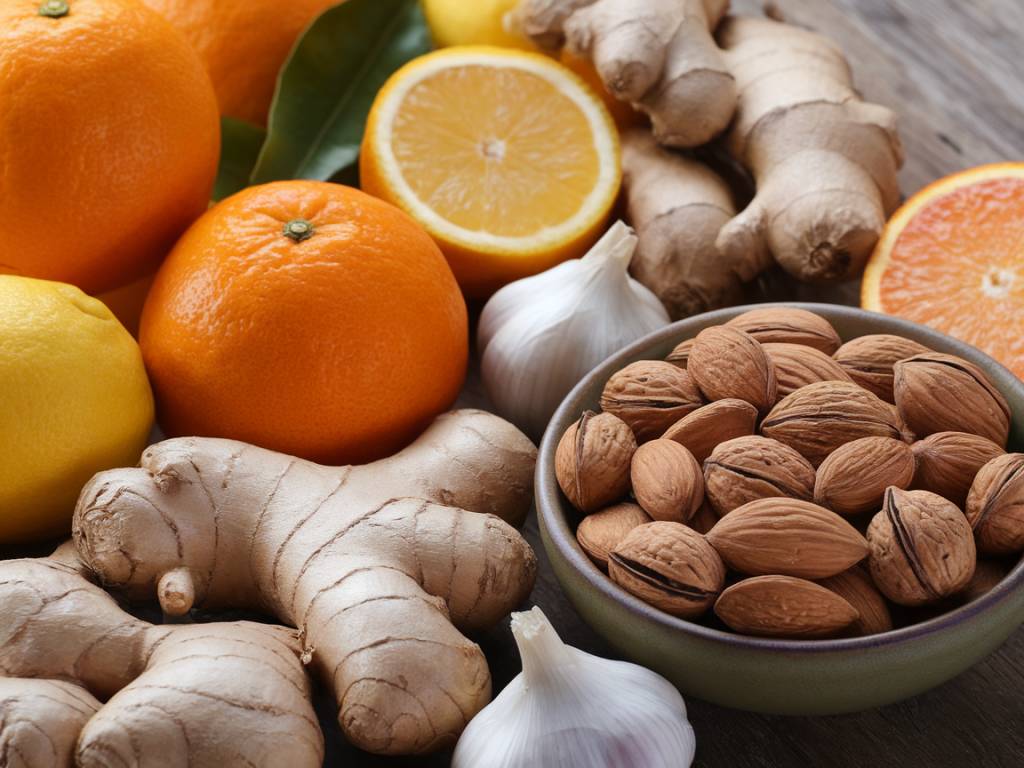Why a Low-Sugar Diet is a Game Changer for Your Health
Are you feeling sluggish, dealing with sugar crashes, or struggling with weight management? A low-sugar diet might be the answer you’ve been looking for. Reducing sugar intake has been linked to numerous health benefits, from improved energy levels to better heart health. But where do you start, and how can you make it sustainable? Let’s break it all down.
The Surprising Benefits of a Low-Sugar Diet
Cutting back on sugar goes beyond just avoiding sweets. It has profound effects on overall health. Here’s what you can expect when you reduce your sugar intake:
- Stable Energy Levels: No more sugar highs followed by energy crashes. Enjoy steady energy throughout the day.
- Better Weight Management: Excess sugar contributes to fat storage, especially around the abdomen. Reducing sugar can help maintain a healthy weight.
- Improved Heart Health: Lower sugar intake is linked to reduced risk of heart disease by managing blood pressure and cholesterol levels.
- Balanced Blood Sugar: Reducing sugar is particularly beneficial for preventing insulin resistance and type 2 diabetes.
- Healthier Skin: Sugar is a known contributor to breakouts and premature aging. Cutting back can lead to clearer skin.
How to Identify Hidden Sugars in Your Diet
Food manufacturers love adding sugar to processed foods, often under names you wouldn’t recognize. To truly reduce your intake, keep an eye out for these hidden sugars:
- Dextrose, Maltose, and Fructose: These are all forms of sugar commonly added to processed foods.
- High-Fructose Corn Syrup: Found in sodas, candies, and even some salad dressings.
- Fruit Juices and Smoothies: Even though they come from fruit, many are high in sugar with little fiber.
- Flavored Yogurts and Granola Bars: Often marketed as « healthy » but packed with added sugars.
- Condiments like Ketchup and BBQ Sauce: These can be surprisingly high in sugar, so opt for unsweetened versions.
Best Food Choices for a Low-Sugar Diet
Replacing high-sugar foods with nutritious alternatives can make it easier to stick to a low-sugar diet. Here are some excellent food choices:
- Whole Fruits: Instead of fruit juices, eat whole fruits like berries, apples, and pears, which provide fiber to slow sugar absorption.
- Lean Proteins: Chicken, turkey, tofu, and eggs can help keep you full and reduce sugar cravings.
- Healthy Fats: Avocados, nuts, seeds, and olive oil support satiety and overall well-being.
- Vegetables: Leafy greens, broccoli, and zucchini are nutrient-dense and naturally low in sugar.
- Whole Grains: Quinoa, brown rice, and oats provide long-lasting energy without spiking blood sugar levels.
Practical Tips for a Successful Low-Sugar Lifestyle
Switching to a low-sugar diet doesn’t have to feel like deprivation. Here are some tips to help you transition smoothly:
- Read Labels Carefully: Sugar lurks in unexpected products like bread, sauces, and even savory snacks.
- Limit Sugary Drinks: Swap sodas and fruit juices for water, herbal teas, or unsweetened sparkling water.
- Plan Your Meals: Prepping meals in advance helps you avoid last-minute food choices that are often high in sugar.
- Find Natural Substitutes: Use cinnamon or vanilla extract to enhance sweetness instead of reaching for sugar.
- Listen to Your Body: Sugar cravings may be a sign of hunger, thirst, or lack of sleep—addressing these can reduce the desire for sweets.
How to Handle Sugar Cravings
Cravings can be the biggest challenge when reducing sugar, but they can be managed. Here’s how:
- Stay Hydrated: Sometimes, thirst is mistaken for sugar cravings.
- Eat Protein and Healthy Fats: These help stabilize blood sugar levels and keep you satisfied.
- Opt for Naturally Sweet Foods: Fruit, dates, or a piece of dark chocolate (70% cacao or higher) can curb cravings.
- Get Moving: Exercise can reduce sugar cravings by increasing dopamine production naturally.
- Sleep Well: Poor sleep increases hunger hormones, making you more likely to crave sugar.
Making a Low-Sugar Diet a Long-Term Habit
Adopting a low-sugar lifestyle is about balance, not perfection. Start by making small changes—cutting out one sugary drink a day, swapping processed snacks for whole foods, and listening to your body’s hunger cues. Over time, your taste buds will adjust, and you’ll find that naturally sweet foods satisfy you more than ever before.
Your health and energy levels will thank you for it. Are you ready to take the challenge?



